The Sand Bride - Chapter 22
Ⅱ. Capital
‘This is amazing……’
Esther, seated inside the carriage, couldn’t tear her eyes away from the capital’s scenery visible through the open window. Marunus, the capital of Gharyam, was nothing like the quaint, pastel-colored capital of her homeland, the Kingdom of Donova.
The streets were strewn with vividly dyed fabrics, towering palm trees with thick trunks and broad leaves, fleshy cacti, and creeping vines adorned with brightly colored flowers.
Perhaps it was because of the great river flowing beside it. Unlike the barren desert, the capital was dazzling and brimming with life. Esther, along with the others, found their attention stolen by its bustling energy.
Even setting aside Gharyam’s fearsome reputation, its capital stood as undeniable proof that this was a wealthy and powerful nation.
The eastern gate through which Esther’s group had entered was primarily used by merchants. As a result, it was filled with even more wondrous and eye-catching sights.
At first, the group had been tense, wary of bandits possibly lurking in the crowds. But now, surrounded by countless foreigners and Gharyam locals, they seemed to relax.
Esther’s stiffened body also eased. In such a massive crowd, it would be difficult for anyone to notice her and the handful of escapees.
Then—
The carriage came to an abrupt halt. Esther looked around in confusion.
Because she was a young woman who had interacted most with the bandit leader—and was thus considered the most at risk—she had been made to ride alone in a separate carriage. But the other carriages carrying the rest of the group continued moving forward.
Peering outside, she saw them gradually disappearing into the distance. Her eyes clouded with unease as she watched, until finally, unable to bear it, she stepped out of the carriage.
A crowd of strangers stood outside. Among them, Esther spotted a familiar face—the man who had first suggested their escape. His expression was pained as he stared at the ground.
People brushed past him and seized Esther’s arms. But these men weren’t bandits. She stared desperately at the man, her face a mix of confusion and terror.
“W-who are these people……?”
“Who do you think?!”
A merchant, shoving the silent man aside, licked his greasy lower lip and sneered.
“You’re now one of our merchandise, little lady! Of course we’re taking you to the auction house! Hurry up! Registration’s about to start!”
“Wh-What are you—?!”
The men gripping her began dragging her away. Esther thrashed, her face deathly pale, but their hold was unyielding.
She screamed, her eyes locking onto the man’s face—filled with disbelief, horror, and a desperate plea for him to deny this. Avoiding her tear-filled gaze, he muttered:
“I’m sorry…… I’ll do my best to find your parents.”
Esther’s lips trembled in stunned silence. This was the man who had helped her escape, who had risked danger to free her from slavery—only to now abandon her to it for the sake of the others. His apology sent her mind reeling.
‘No……’
The sun beat down mercilessly. Esther staggered, gasping from shock. The men hauling her away were speaking to someone, but their words didn’t reach her ears. A dizzying wave of vertigo crashed over her. Her legs gave out. No tears came.
Then, as a man approached with iron shackles, her mind snapped back to reality. She screamed, twisting violently to escape—but she was alone. Whether they had anticipated her reaction or were simply accustomed to this, her captors restrained her without hesitation.
Her limbs flailed with desperate strength, her skin paling from the strain—but it was futile. The shackles, the mark of a slave, clamped around her ankles with a heavy, metallic clank.
It felt as if all the blood had drained from her body. Unbearable despair sapped her strength. No—what had drained away was hope. Her future, her imagined happiness. Now, she had nothing left.
Back to square one. The pure, crushing moment of downfall. As if fate itself were mocking her—Did you really think it would end that easily?
Esther wept without a sound.
* * *
The eastern gate of Marunus, Gharyam’s dazzling capital, a passage for merchants and caravans, housed the nation’s largest market—a place where the most blasphemous yet brutally honest desires took root.
That day, the slave auction featuring Esther displayed more slaves than usual. The coronation ceremony was approaching, after all. People stared at the slaves lined up on the wooden platform—some with gleaming eyes, others with indifference.
The high-quality slaves, those of noble birth, would undoubtedly be claimed by the Aldana priests. Of course, this meant nothing to those seeking lower-tier slaves, but the priests’ presence had subdued the usual fervor of the auction.
Right on time, without a second’s delay, the Aldana priests entered the auction house. Dressed in white robes and wearing black stone-adorned headpieces, their arrival momentarily hushed the restless crowd.
Everyone rose, offering a silent bow of respect to Gharyam’s most exalted servants—the Aldana priests. These were individuals chosen as infants, stripped of family, kin, and all worldly ties except their devotion to the royal family.
Thus, they were revered, respected, and feared. They were the highest order of servants, willing to offer any head if their God, the Sayar, commanded it.
“Then—let the auction begin! Our first item is a forty-two-year-old male slave!”
As the priests took their seats, the auctioneer commenced. The Aldana priests coldly observed the first slave,
A man neither young nor resistant, his face resigned, as if generations of bondage had worn him down. Seeing his submissive posture, the priests didn’t even spare him a glance. He was far too inferior to present to their kings.
The second, third, fourth… By the tenth slave, the priests’ expressions had grown icy.
The joyous news of the Sayar’s ascension had surely spread—yet these insolent merchants had failed to provide worthy offerings.
When the fifteenth slave—a fifty-year-old woman—was sold to a plantation owner, the priests debated leaving. But high-quality slaves often appeared later, so they waited.
True enough, from the sixteenth slave onward, younger, nobler, or highly skilled slaves began appearing. The bidding grew fierce. After careful consideration, the priests purchased the twentieth and twenty-second slaves.
From then on, the auction became a near-exclusive affair for the Aldana priests. Of course—they needed thirty-two more slaves (excluding the twelve volunteers among their forty-four).
“Now, the fifty-sixth item! A young, beautiful female slave of excellent lineage!”
A staggering figure was dragged forward—a young woman with sandy hair and turquoise eyes. The priests’ gazes sharpened. Tear-stained cheeks, a pale face, a slender frame—yet her posture was straight, her skin unblemished. Clearly not of common laborer stock.
A high-born slave. One priest tapped the auction block thoughtfully. But perhaps a better candidate would appear later… As they hesitated, the auctioneer sealed their decision:
“She even survived the Ring of Hell! Don’t let her looks fool you—she’s no weakling!”
The priests exchanged glances and raised their placard. Good lineage, appearance, age, and endurance—she was worthy.
The bidding ended in an instant.
Esther’s face paled as she saw her purchasers. Of course, as a foreigner, she didn’t recognize the Aldana priests. But their eerie aura and the fearful tension of those around them sent terror shooting through her.
Are they… dangerous? Their uniform attire suggested some organization. The grim expressions of the other slaves bought by them only confirmed her dread. No matter how she racked her brain, no positive future came to mind.
Sniffling, Esther was led away, loaded into a carriage.
After the hundredth slave was sold, the Aldana priests paid the auctioneer, loaded their purchases, and departed for the temple.
* * *


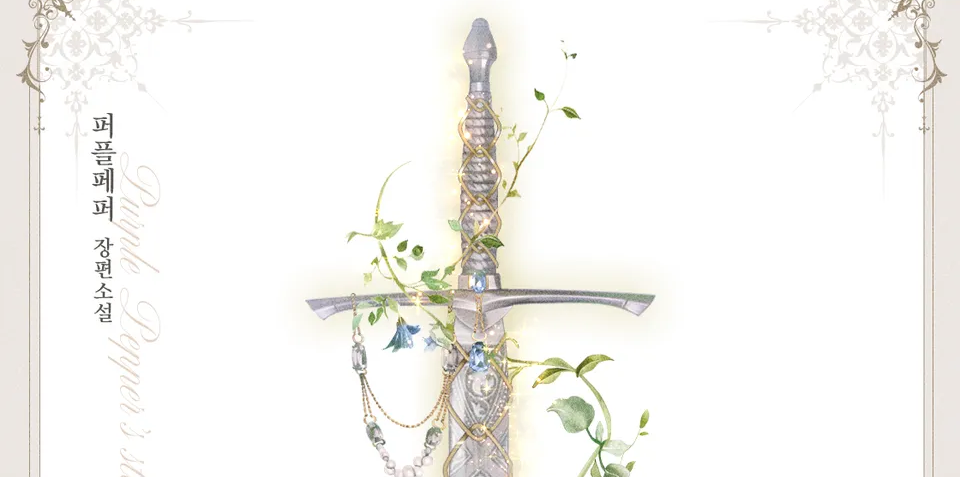

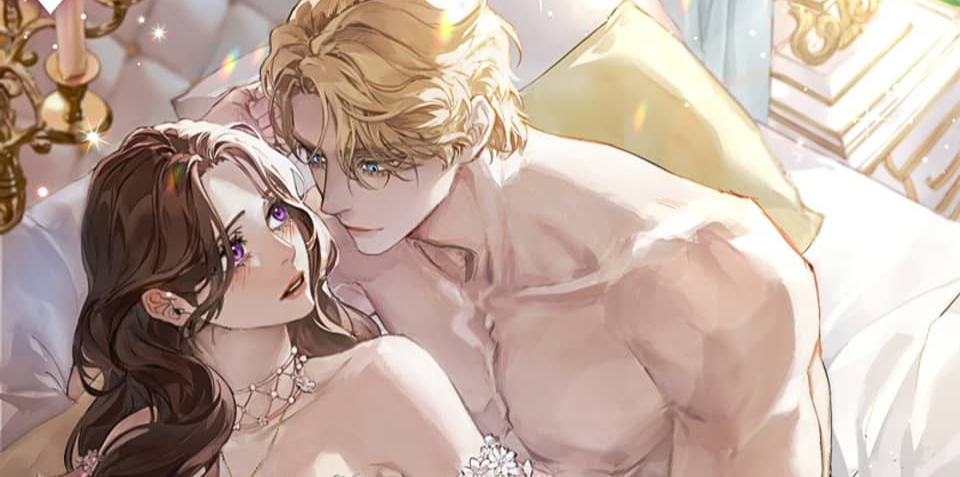
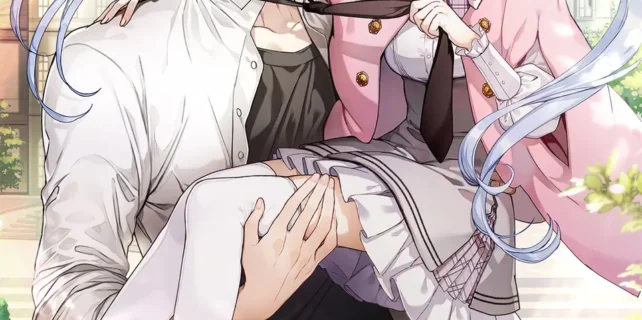
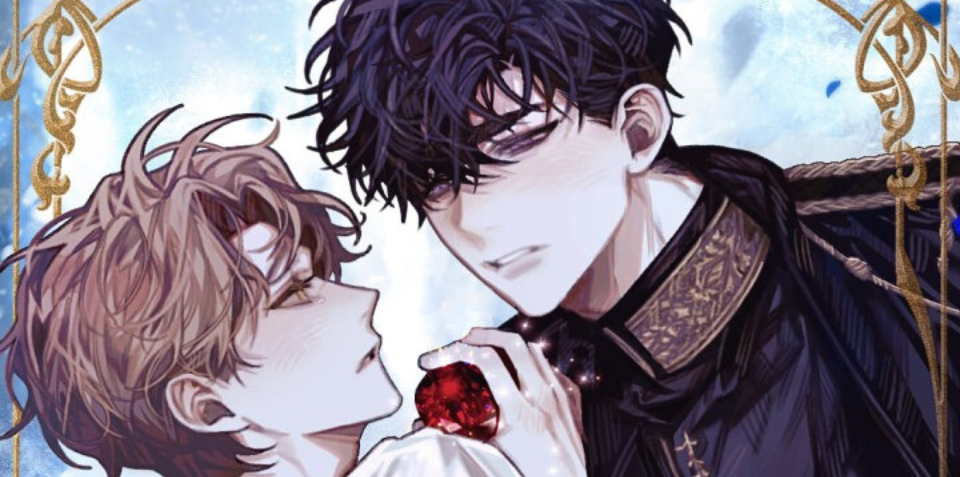
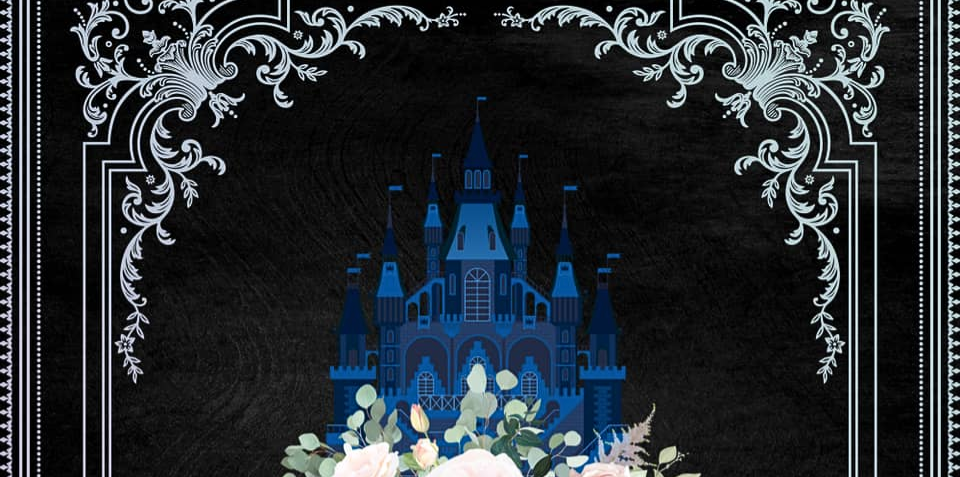
Hilale
Ne olacak şimdi